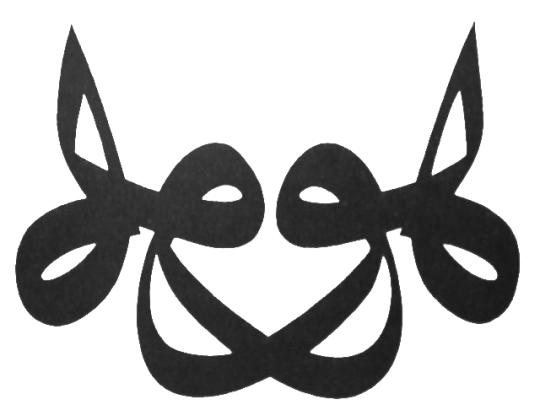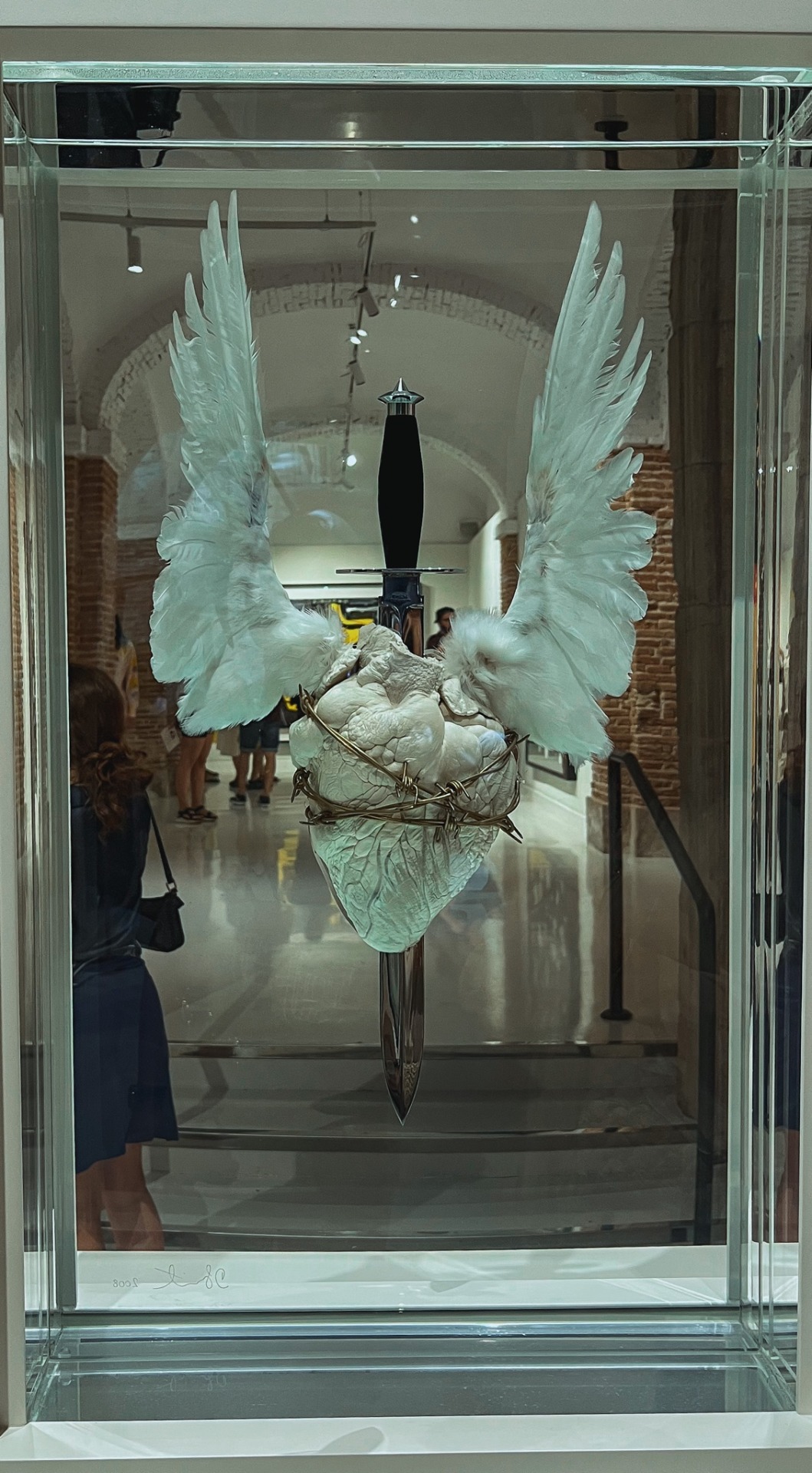Text

Alfonsina Storni, from "The Siren" in Mask & Clover: Poems
8K notes
·
View notes
Text

Allah Hu in Gold and Silver Leaf Drawing by Hassan Mushtaq, Pakistan
“What we love, we will become. What we put our attention on, we will resonate with.”
~ Shaikh Kabir Helminski, Al Qayyum, The Axis of Reality
3 notes
·
View notes
Text

Dune Messiah's cover
“A process cannot be understood by stopping it. Understanding must move with the flow of the process, must join it and flow with it.”
(First Law of Mentat)
– Frank Herbert, Dune
A profound quote from Dune, and one of the core principles of the Mentat discipline. The First Law of Mentat emphasizes dynamic understanding—true insight comes not from freezing or dissecting a thing in isolation, but from immersing oneself in its living motion. It's a warning against reductionism and static analysis in a world that is constantly in flux. It echoes the philosophy of Heraclitus: “Everything flows, nothing stands still.” To be a Mentat—or a wise human—is to think in rhythms, cycles, and evolving systems.
To know truth is to become one with the movement of Being. This is the path of the gnostic.
11 notes
·
View notes
Text

“On ne voit bien qu’avec le couer; l’essentiel est invisible pour les yeux. It is only with the heart that one can see rightly; what is essential is invisible to the eyes.”
~ Antoine de Saint-Exupery, The Little Prince
In Sufism, the heart (qalb) is not merely an emotional center but the spiritual organ of perception—the mirror through which the Divine is reflected. The physical eyes see only the outward (ẓāhir), the surface of things, but the heart sees the inward (bāṭin), the hidden essence behind appearances. What Saint-Exupéry calls “the essential” is, in Sufi terms, the Real (al-Ḥaqq)—the Divine Reality that underlies all creation. The Sufi gnostic (‘ārif) seeks to polish the heart of all impurities—ego, pride, attachment—so that it may once again become a clear mirror reflecting God. When Saint-Exupéry says “it is only with the heart that one can see rightly,” it parallels the Sufi realization that true knowledge (ma‘rifa) is not acquired through intellect alone, but through the awakening of the inner eye, the ‘ayn al-qalb (eye of the heart).
The Little Prince's words can also be read through the Sufi lens of divine love (‘ishq-e-ilāhī). For the Sufi, love is the path and the guide. Only through love—born in the heart—can the seeker truly perceive the face of the Beloved in all things. The eyes may miss the sacred hidden in the ordinary, but the heart, moved by divine love, sees the signs of God in every star, every rose, every encounter.
As Rūmī says:
“Close your eyes, fall in love, stay there.”
12 notes
·
View notes
Text










Indeed, Allāh showers His blessings upon the Prophet, and His angels pray for him. O believers! Invoke Allāh’s blessings upon him, and salute him with worthy greetings of peace.
[Sūrah al-ʾAḥzāb, Verse 56]
503 notes
·
View notes
Text

"And Allah will protect you from people."
Al-Ma'idah (67)
1K notes
·
View notes
Text
“يقال أن الصمت فن عظيم من فنون الكلام”
—
It is said that silence is one of the great arts of speaking.
— Ahmad Ash-Shugairi
2K notes
·
View notes









